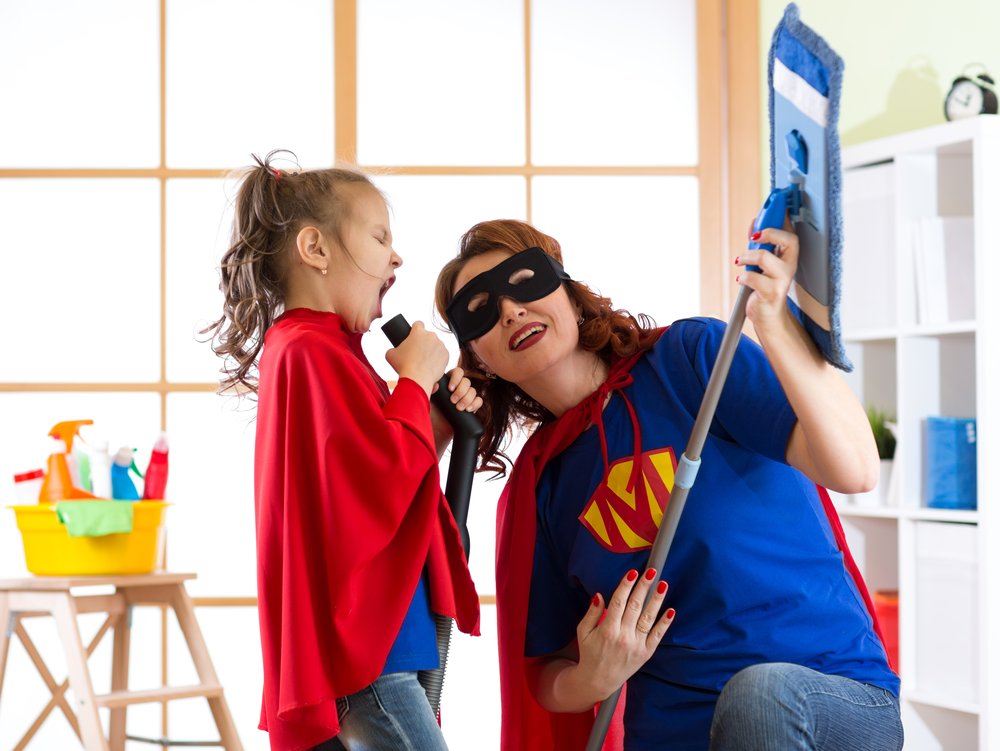Key points:
- The “Mozart effect” oversimplified music’s impact on intelligence, but music remains valuable for child development.
- French research links preschoolers’ music skills to non-verbal reasoning, phonemic awareness, reading, and speech.
- Traditional songs like lullabies are essential for children, aiding language and emotional development.
- Musical skills enhance preschoolers’ communication; ideas include singing, making instruments, and dancing with bells.
A decade ago all the newspapers where talking about the so called “Mozart effect”. It stated that by simply listening to Mozart babies got smarter. Well, we now know that nothing is ever that simple, but that doesn’t mean that music isn’t very valuable for your child’s development!
Research by French neuroscientists from the Institut de Neurosciences Cognitives de la Méditerranée, demonstrated that there are important correlations between a preschooler’s musical skills and their non-verbal reasoning. According to Sylvain Moreno’s 2009 paper published in the journal Cerebral Cortex, a child’s phonemic awareness, reading skills, and even speech production skills benefit from being exposed to music.
In 2001, Sally Blythe from the Institute for Neuro-Physiological Psychology published a book titled The Genius of Natural Childhood, in which she stated that traditional songs, like lullabies and nursery rhymes, beyond being comforting and fun for your little one, are actually developmentally necessary. According to her studies, singing and listening to music is a precursor for later emotional wellbeing and school-readiness in children, because they prepare their hearing, voice, and brain for further language development. The American Academy of Pediatrics assesses that between 2 and 4 years of age children are in a critical moment of language acquisition, so it is a great moment to give them a boost.
Because much research suggests that developing musical skills can have a very positive impact on a preschooler’s ability to communicate, here are some ideas on how you can help your child’s development through music:
- Make a habit of singing some fun songs together. Chose one simple enough for your preschooler to memorize, and it can even become part of a bedtime or morning ritual.
- Make your own musical instruments by filling plastic eggs with different amounts of uncooked rice and sand. Have your child shake them and make different rhythms.
- Share a couple of songs you love with them, and play these songs on the background sometimes as a way of teaching how to enjoy listening to music.
- Dance wearing a couple of bells on your clothes, like the ones that are attached to Christmas elf costumes.
- Make a playlist of songs all the family loves and play it on different occasions as background music.








